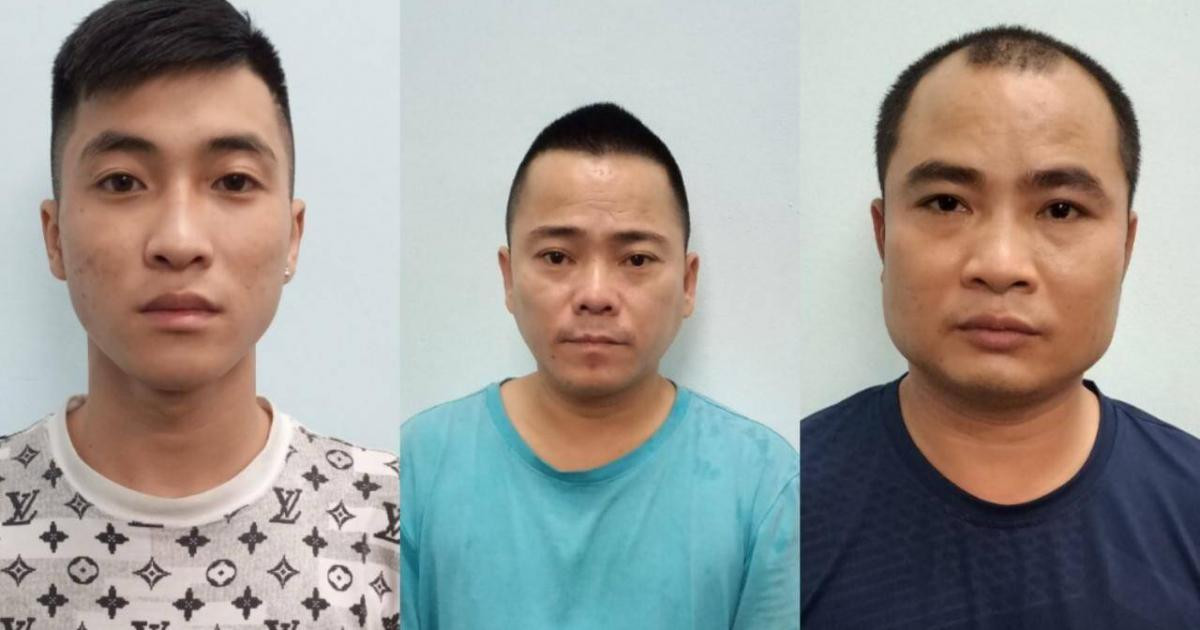The suffering of Japanese single moms
In Japan, being pregnant and becoming a single mother is considered humiliating and condemnable.
The country’s law stipulates that abortion is allowed at 22 weeks of pregnancy, requiring the consent of the spouse. This makes it difficult for single women or victims of domestic violence.
There are exceptions, but doctors often tend to blame, blame women for getting pregnant and can’t convince husbands to have an abortion. Most of these people choose to have children, but it is not uncommon for cases of abandonment after birth.
In addition, pregnant but unmarried women are often denied full-time employment, cannot rent a home, and have their families cut off ties.

Japanese women face stigma as single mothers. Illustration: SHUTTERSTOCK
Hanaco, 39 years old, a single mother, used to be scared and embarrassed when she said she was pregnant and would raise her child alone with her parents 5 years ago. Her boyfriend of 7 years left when she heard she was pregnant. But Hanaco’s $2,300 monthly salary wasn’t enough to support a child, while the average Japanese household income at that time was $3,600.
“I used to think about sending my child up for adoption because I didn’t earn a lot of money and gave him a good life,” she said. The stigma of having to raise a child alone and the burden of money followed Hanaco until the day of her birth. At the hospital, the nurses kept asking her boyfriend what his job was and what his personality was like. She could feel their disdain for her.
Currently, Hanaco lives with her son in the city of Hiroshima. She said that it is a long process for a single mother to receive support. Even the landlord will still kick her and her mother out of the house if she knows the truth.
In 2018, a 25-year-old woman gave birth alone in a coffee shop and murdered the child afterward. In 2019, the girl who was denied an abortion by a doctor gave birth in the toilet of Tokyo airport, but the baby died of asphyxiation. A few months later, the 29-year-old woman was arrested after leaving her baby in a hotel toilet, with the umbilical cord intact.
The unfortunate cases have caused controversy across the country, prompting gynecologist Takeshi Hasuda, head of the Department of Obstetrics and Gynecology, Jiket Hospital, Kumamoto Prefecture, southern Japan, to open the first and only service for women Unwanted pregnant women give birth in secret. He hopes not to let pregnant women take the risk of giving birth at home.
In particular, women who seek the service do not have to pay birthing fees, just need to share their names and identification documents with the staff. Health workers call this a solution to help women in crisis and have no access to traditional support systems.
At least eight women have contacted Hasuda for help. The doctor said all were victims of sexual abuse, intellectual disability or inability to raise children. “Before becoming pregnant, they had to face more difficulties than the average person. And giving birth anonymously was the only thing they could do,” Hasuda said.
In May this year, the facility welcomed a second child born to an unnamed mother. “The woman said she had no other choice. Without us, she could have killed herself with the child,” Hasuda said.

Jiket Hospital is the first and only place in Japan to open a service to support women giving birth secretly. Image: AFP
But the service is not governed by regulatory frameworks, raising concerns about trouble for the child and the mother. Because according to regulations, the hospital must provide a birth certificate with a registration sheet with the birth parents’ names and send information to the government to put the child’s name on the national family register.
Hasuda managed to convince the local authorities to make birth certificates without the mother’s name. But by law, anonymous births are required to report to child shelters across the country, which will launch an investigation to find the biological mother.
“But that’s not what we promised. The mother was supposed to have her identity protected, but the authorities tried to find her and her family,” Hasuda said.
Besides, there is no postpartum support for mothers, which also raises many concerns. “Postpartum women are in dire need of health checks with proper nutrition and emotional support, especially with postpartum depression,” said Kanako Inaba, a gynecologist and mother of four. young, said.
She also warned that not having proper access to help could put these women in similar situations. That means an unwanted pregnancy and no choice but to continue giving birth in secret.
In response to Hasuda’s lobbying, the Japanese government said it was drafting a document instructing what to do with babies born through the secret birth system. Now, he is working with officials to speed up the process.
“I have not yet found a way to ensure that the newborn is adopted without revealing the mother’s identity. But I believe what is being done is necessary,” Hasuda said.
Takae Ito, a Japanese politician, also called on the Japanese authorities to legalize secret births. “In order to eradicate unsafe abortion and women having to give birth alone without medical assistance, there will need to be appropriate protection laws,” the person said.
As for Hanaco, she hopes to one day receive the sympathy, sympathy and consolation of society with a single mother.
Minh Phuong (According to VICE)
at Blogtuan.info – Source: vnexpress.net – Read the original article here



